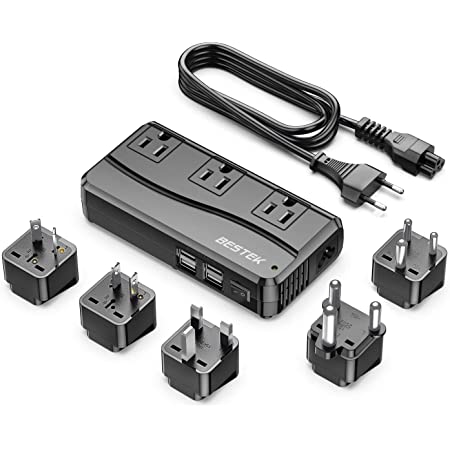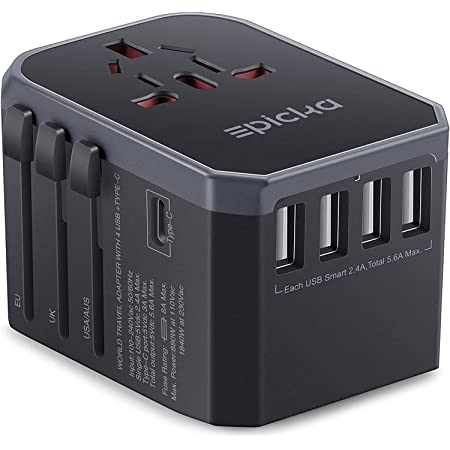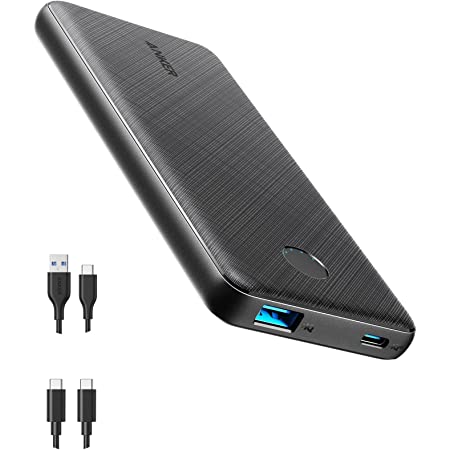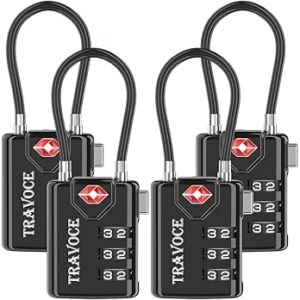Plug For Rwanda: What You Need To Know
What is the plug for Rwanda? Before you travel, check the information below to make sure your electronic devices are compatible with the outlet type and voltage.
Electrical Summary
Rwanda uses outlet types C, J at a voltage of 230V and a frequency of 50 Hz.
Plug Compatibility: Type C, Type J
Voltage: 230V
Frequency: 50 Hz
Type C

Type J

Can North Americans use Electronics in Rwanda without an Adapter?
No! North Americans will need an adapter for the outlets and a transformer for the voltage when traveling to Rwanda. North Americans device plugs will not work with the outlet types in Rwanda. Also, the voltage in Rwanda is different from North American voltages.
Can Europeans use Electronics in Rwanda without an adapter?
Yes! Europeans do not need a travel adapter or transformer when traveling to Rwanda. Most device plugs will work with the outlet types in Rwanda. Also, the voltage in Rwanda is the same as in Europe.
What Outlet does Rwanda Use?
Type C

Type C plug sockets have two round pins and no grounding pin. These plugs are typically used with devices that have a voltage of 230V.
Type J

Type J plug sockets have two round pins and a grounding pin. These plugs are typically used with devices that have a voltage of 230V.
Recommended Products:
Should I use a VPN when traveling?
YES! Using a VPN when traveling is highly recommended to protect your online privacy and security. Public Wi-Fi networks in hotels, airports, and cafés are often unsecured, making you vulnerable to hackers and data theft. A VPN encrypts your internet connection, safeguarding sensitive information like passwords and banking details. It also allows you to bypass geo-restrictions, granting access to streaming services and websites that may be blocked in certain countries. Additionally, a VPN helps prevent government surveillance and ISP tracking. For a seamless and secure browsing experience while traveling, choose a reliable VPN with fast speeds and strong encryption.
Rwanda Travel Essentials:
Is it safe to drink water in Rwanda?
To be on the safe side, you can use common precautions such as boiling tap water for at least one minute, using water purification tablets, or drinking bottled water. It’s also important to note that ice may be made from tap water and that foods may be washed or prepared with tap water.
We recommend always packing a filtered water bottle when traveling!
Travel Essentials
Be sure to check our list of travel essentials before your trip!
Should I get travel insurance when traveling to Rwanda?
It is generally recommended to get travel insurance when traveling to a different country. Travel insurance can provide financial protection and peace of mind in case of unexpected events, such as medical emergencies, trip cancellations, lost or stolen baggage, or other travel-related mishaps.
Travel insurance can cover various expenses related to your trip, such as medical expenses, emergency medical transportation, trip cancellation or interruption, lost or stolen baggage or personal belongings, and other travel-related expenses.
Before purchasing travel insurance, it’s important to carefully review the policy details, including the coverage limits, exclusions, and any applicable deductibles or copays. You should also make sure that the policy covers any activities or destinations that you plan to participate in or visit during your trip. Click here to price for Travel Insurance for Rwanda
Travel Summary
The capital city, Kigali, is a bustling and modern city with plenty of attractions for visitors, including museums, markets, and restaurants serving local cuisine. Rwanda is also home to several national parks, including Volcanoes National Park, which is home to endangered mountain gorillas, and Akagera National Park, which offers game drives and boat safaris to spot wildlife such as elephants, lions, and hippos.
In addition to its wildlife and natural beauty, Rwanda is also a cultural hub, with a rich history and vibrant arts scene. Visitors can learn about Rwanda’s history and culture at the Genocide Memorial Center in Kigali, or experience traditional dance and music performances at events and festivals throughout the country.
Travelers to Rwanda should be aware of the country’s tropical climate, with rainy seasons typically occurring from February to April and from October to November. It is also important to be mindful of the country’s history and the ongoing process of reconciliation following the genocide in 1994.
However, with proper planning and respect for local customs, Rwanda can be a rewarding and memorable travel destination.
Traveling to another country? Check out our Countries page for more info on countries like Democratic Republic of Congo, Uganda, Burundi, Tanzania, Kenya, Sudan, Somalia, Ethiopia





